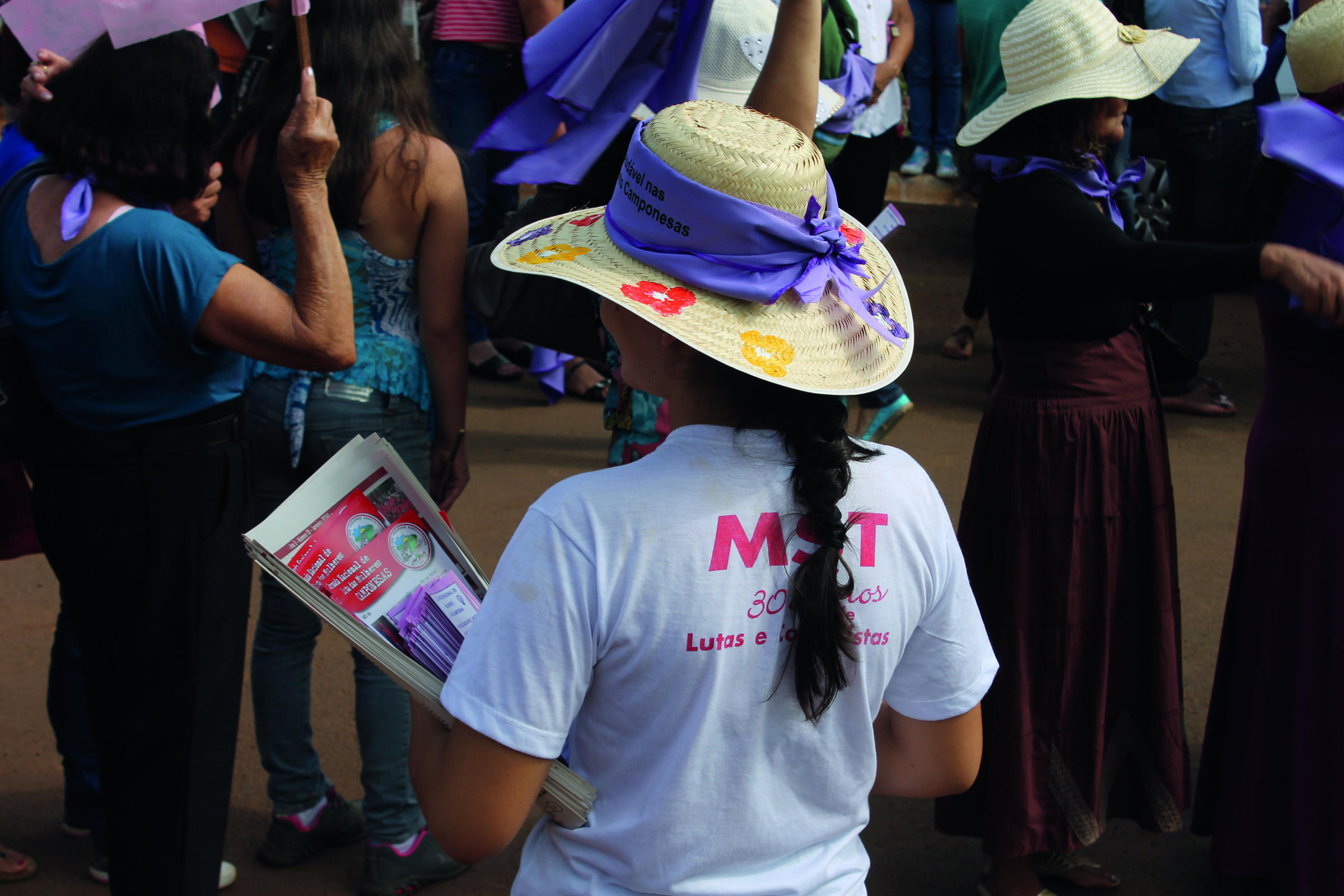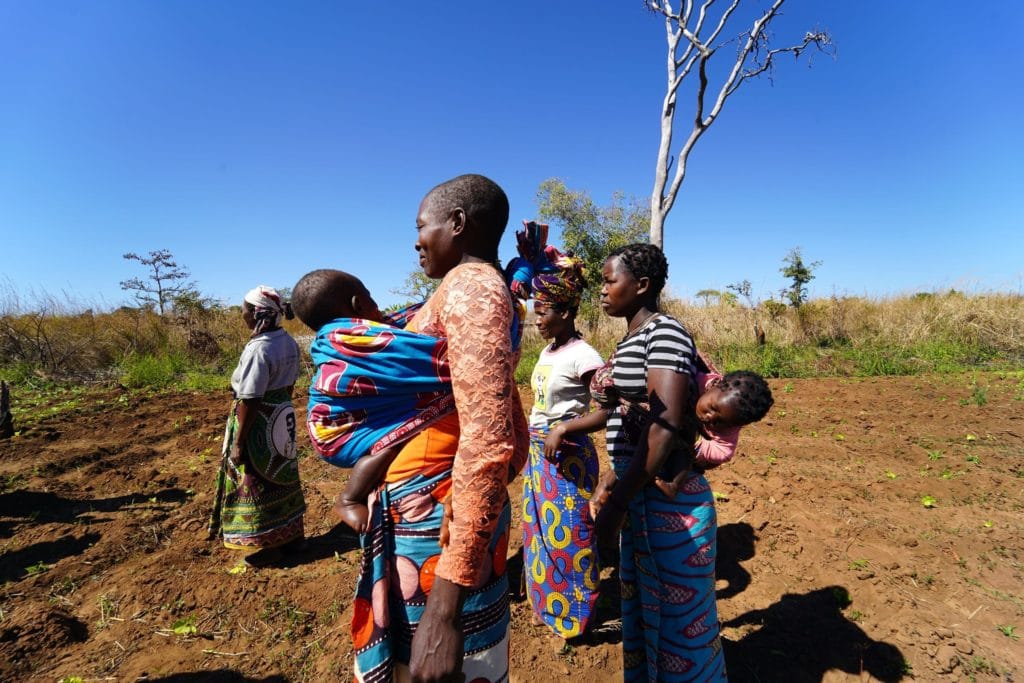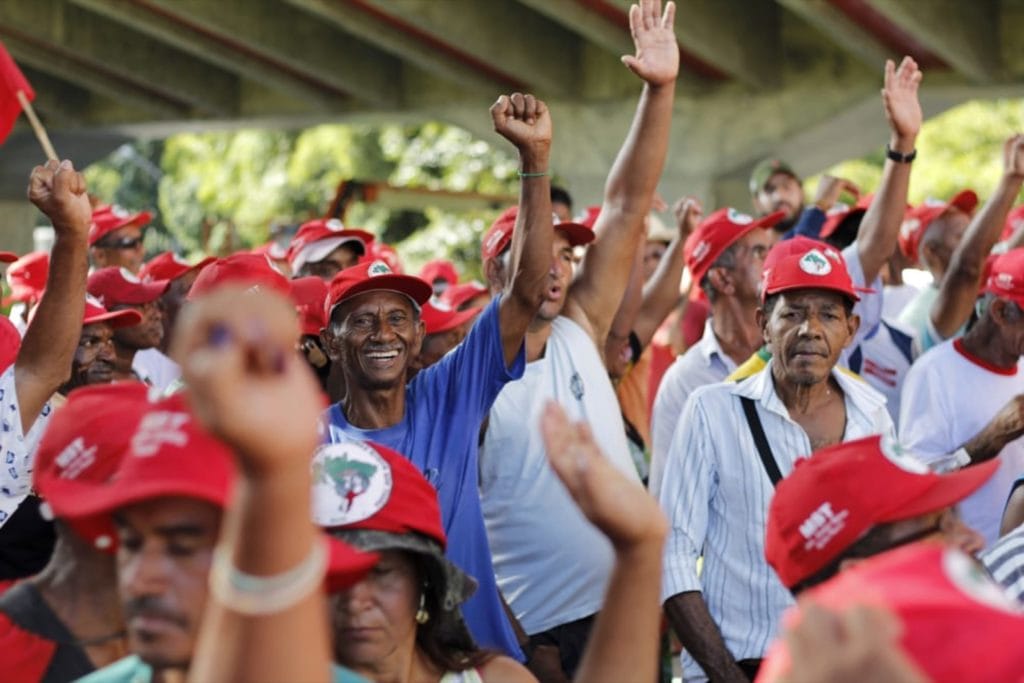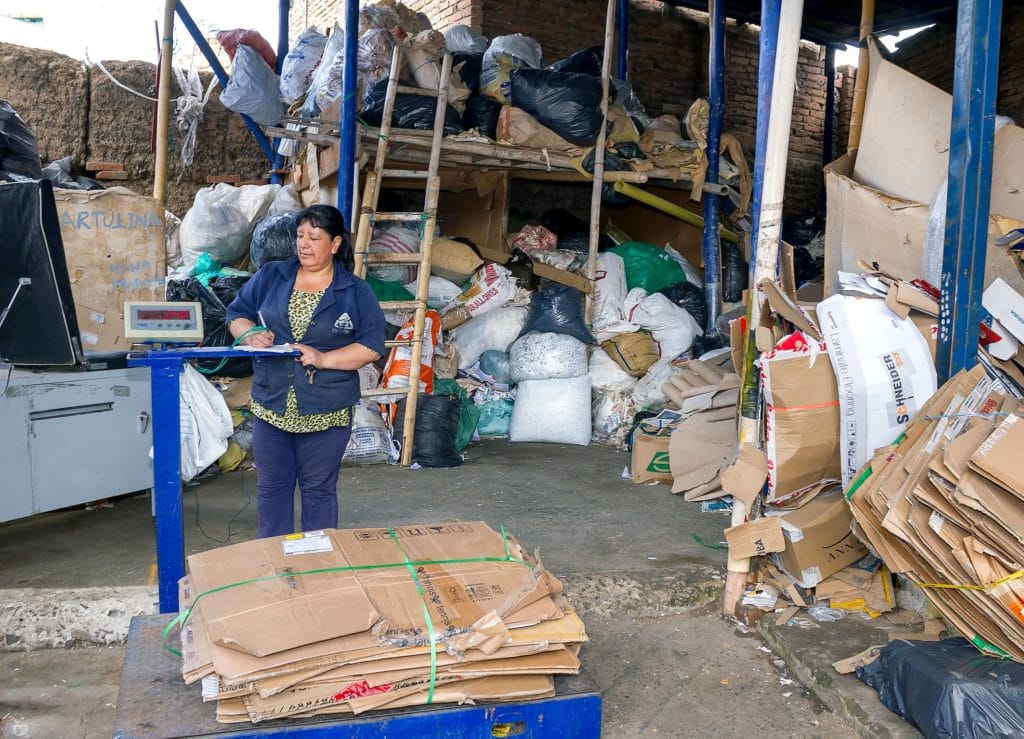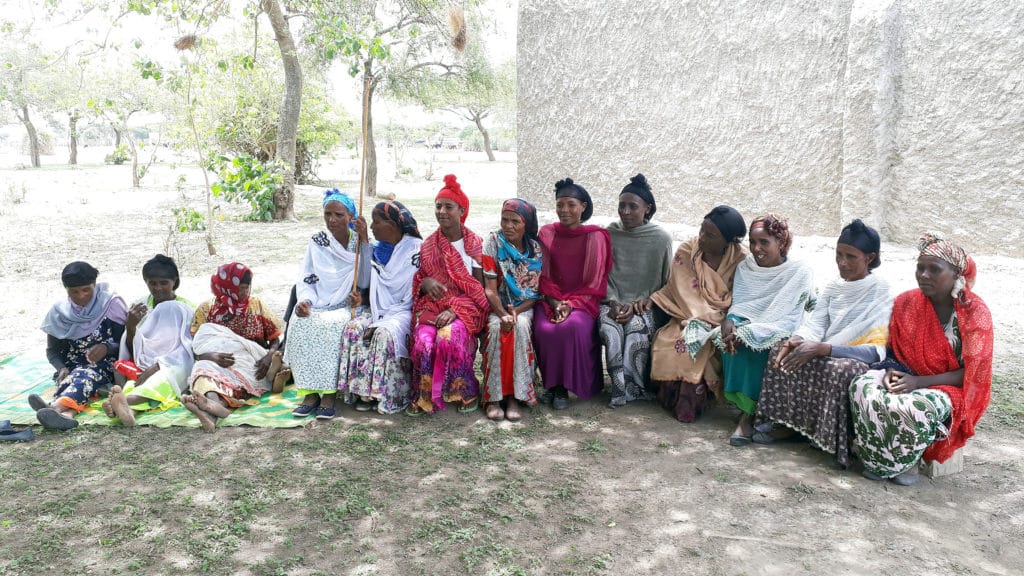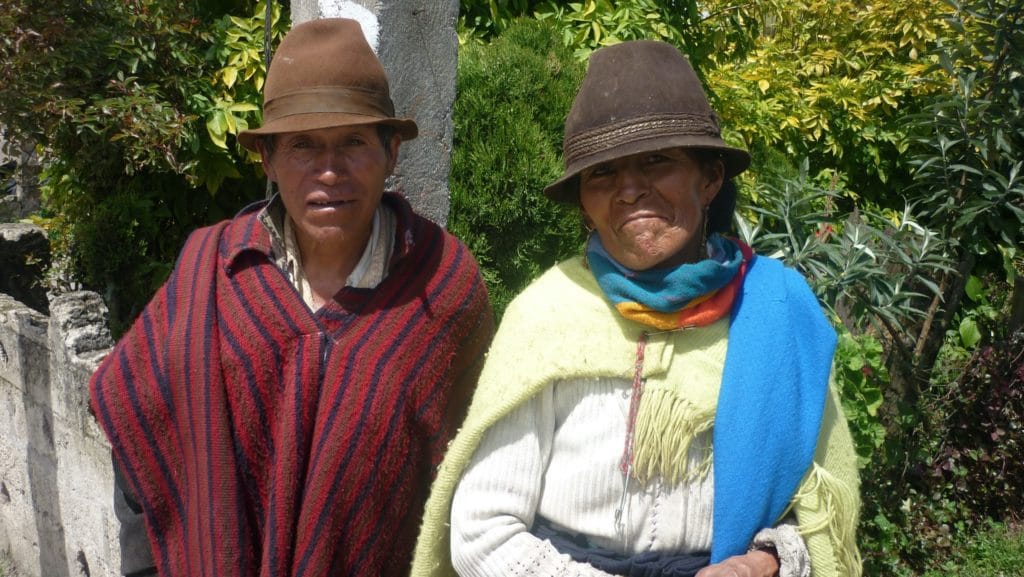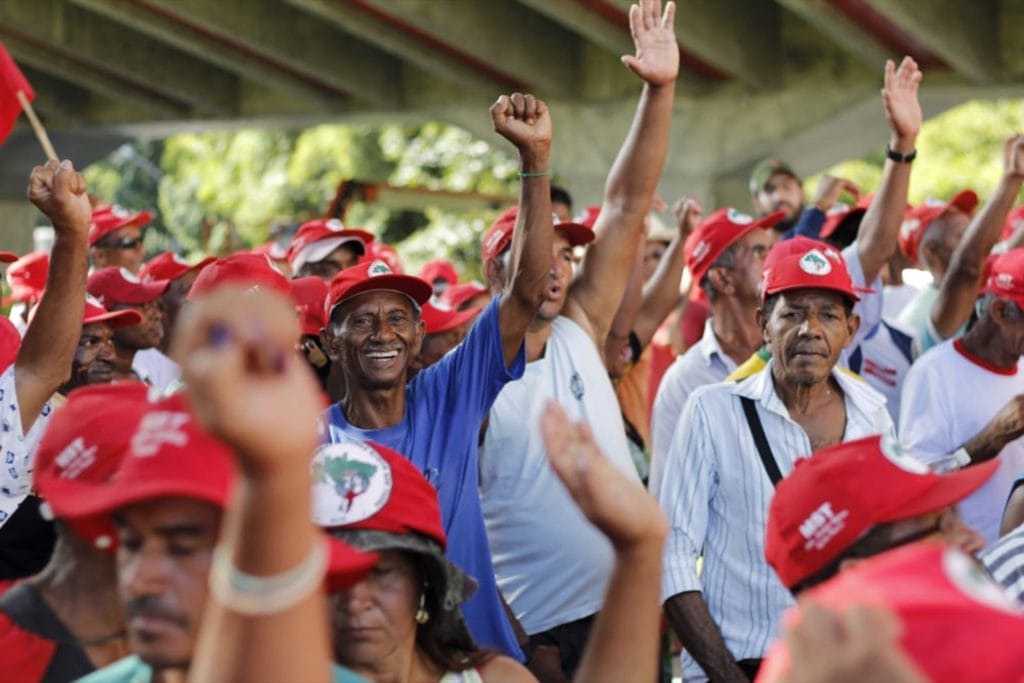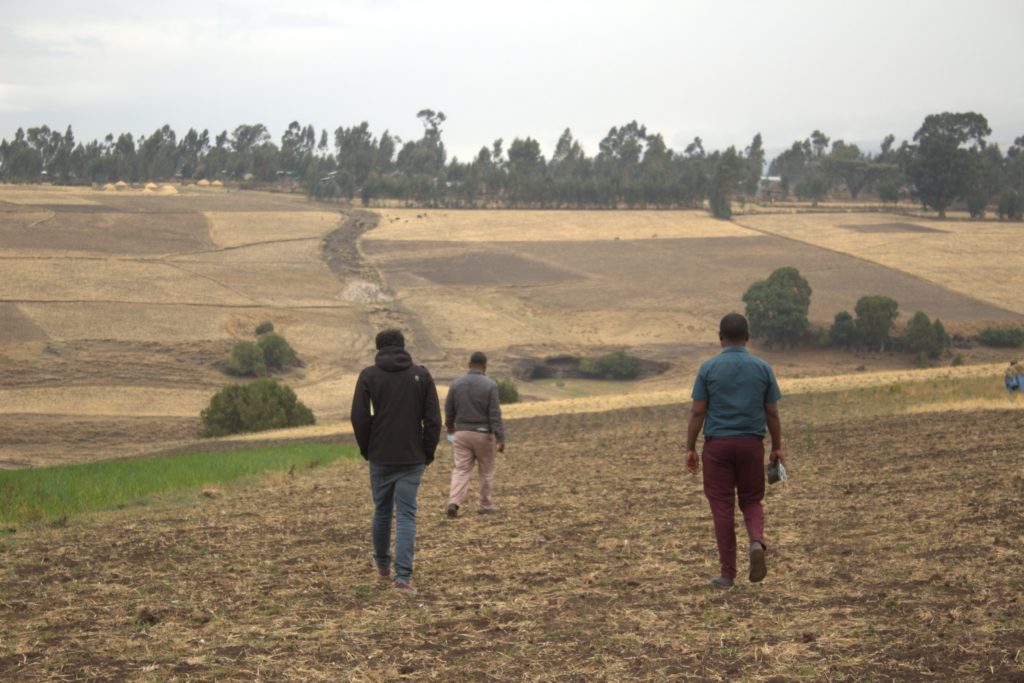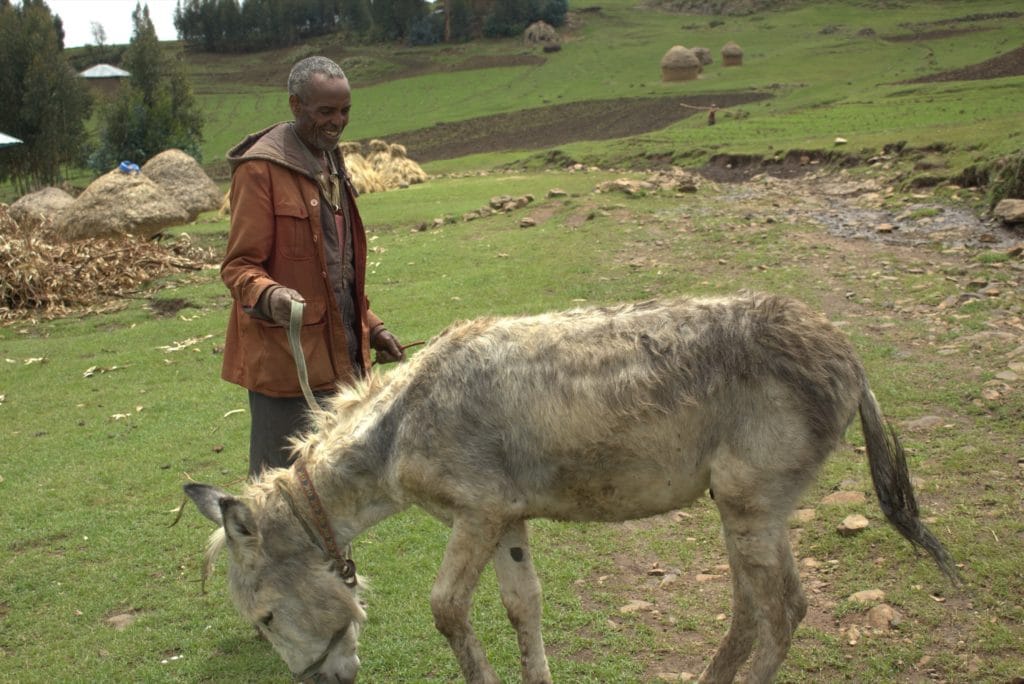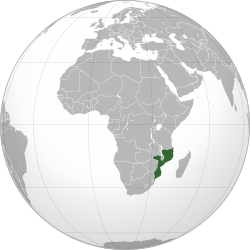6. Gender equality
At Mundukide, we firmly believe in gender equality as a fundamental pillar for the sustainable development and well-being of our communities. Aware of the challenges and persistent inequalities that women face in different areas, we are pleased to present the new Gender Equality Plan for the period 2024-2027.
This plan reflects our unwavering commitment to building a more just, inclusive and equitable organization.
Mundukide’s Gender Equality Plan is structured around four key areas of influence: Equal Institutional Culture and Organization, Equal Grouping Process, Safe Work Environment and Gender Perspective throughout the Activity. Across these areas, we have outlined seven strategic objectives and seventeen operational objectives, supported by a total of fifty-six specific actions.
Our vision is to create a work ecosystem where gender equality is not only a goal, but a reality experienced by everyone. This plan not only seeks to promote equity within our organization, but also to positively influence the communities and contexts in which we operate. To achieve this, we will implement concrete actions that range from the promotion of equal selection and promotion processes to the integration of the gender perspective in all our projects and activities.
We invite all members of the organization, allies and collaborators to join us on this journey towards gender equality. With this plan, we not only reaffirm our commitment to justice and equality, but we also position ourselves as a benchmark in the implementation of equitable and responsible organizational practices. Together, we will move towards a future where gender equality is a tangible and lasting reality.
If you need more information, you can access reports and publications
